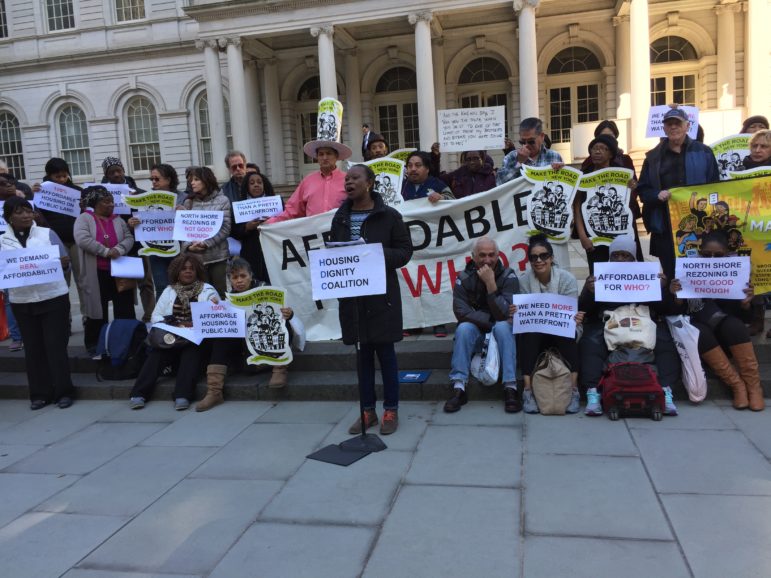
Abigail Savitch-Lew
Make the Road organizer Jennifer Gray-Brumskine and other North Shore residents and allies rally in front of City Hall on February 28, 2018.
About 60 Staten Island residents, advocates and faith leaders gathered outside City Hall on Wednesday to demand that the de Blasio administration change its rezoning plan for Bay Street to serve the needs of low-income residents and include more deeply affordable housing.
The Bay Street rezoning aims to spur housing and commercial development along Bay Street, with 20 to 30 percent of apartments income-targeted under the city’s mandatory inclusionary housing policy, and would come with other investments in community resources, economic development initiatives and more.
Since May 2016, when the Department of City Planning (DCP) released a draft scope of work describing the details of the proposal, the effort has been mysteriously on hold. Make the Road Organizer Jose Lopez, a member of the Staten Island Housing Dignity Coalition, says the coalition has held several meetings with DCP in an attempt to press its priorities, and that while DCP told them around September that the rezoning would move forward in the first quarter of 2018, it is unclear whether that timeline still holds. “If we can deliver our message again and again and again, we feel we should do that,” he says.
Carrying signs with messages like “We need more than a pretty waterfront” and chanting “I want some housing dignity!” residents and allies critiqued the mayor’s plan, saying the rezoning will not create enough income-targeted apartments, and that even the apartments that are income-targeted will not be sufficiently affordable. The most deeply affordable option under the city’s mandatory inclusionary housing law requires 20 percent of apartments to be rented to families earning $34,360 a year. About one third of households in Staten Island Community District 1 (which encompasses a broader geography including the rezoning area) earn less than $35,000 a year, and a quarter of residents earn less than $20,000 a year, according to 2014 census data. About 29 percent of residents in the district make above $100,000.
“Too many families on our North Shore are put in desperate situations because of rising rents,” said Deacon Mary Bourne from First Central Baptist Church, while Dulce Marie Rivera, a tenant at the privately-owned, federally-subsidized Park Hill apartments and Make the Road organizer, described facing heatless winter nights at her apartment and noted high levels of rent burdening. According to 2014 data, 76 percent of residents making below $20,000 are severely rent-burdened, or pay more than 50 percent of their income on rent.
“We have a moral obligation to [serve] all the people, not just those with money. But the city doesn’t seem to get it. They leave out single mothers with two kids and still will spin this as a good plan,” said the Reverend Janet Jones of Rossville A.M.E. Zion Church. She reiterated the coalition’s position that four public parcels in the rezoning area, instead of being disposed to private developers to be redeveloped as business space and a mix of affordable and market-rate units, as currently planned, should be transferred to the Department of Housing Preservation and Development (HPD) for the creation of 100 percent affordable housing. (Another advocate, former City Council candidate Michael Penrose, has argued that a waterfront public site should be used for open space and recreational facilities, not a large amount of housing.)
Members of the coalition then entered City Hall to drop off 600 petitions. Amoy Barnes, Staten Island Borough Director at the Office of the Mayor, and Theresa Doherty from the Center for Faith and Community Partnerships at the Office of the Mayor, came over to receive the petitions, with Barnes assuring the group that affordable housing was a priority for the mayor. Jones said the mayor should take another look at his plan and create more housing for the lowest income families.



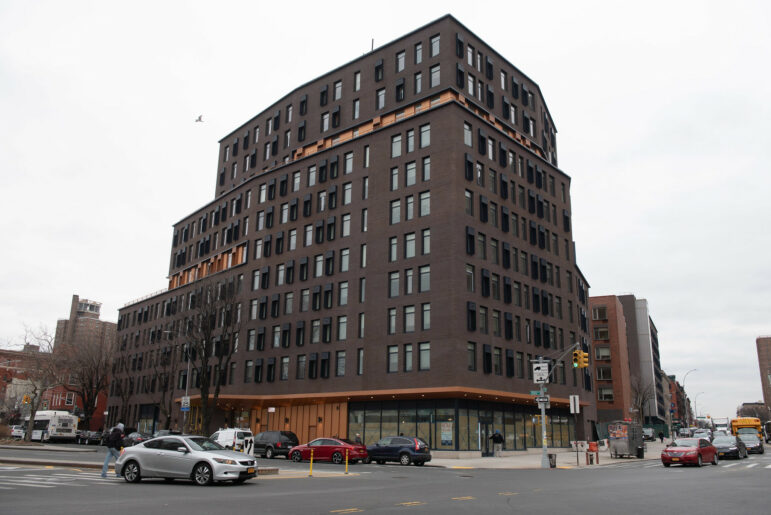
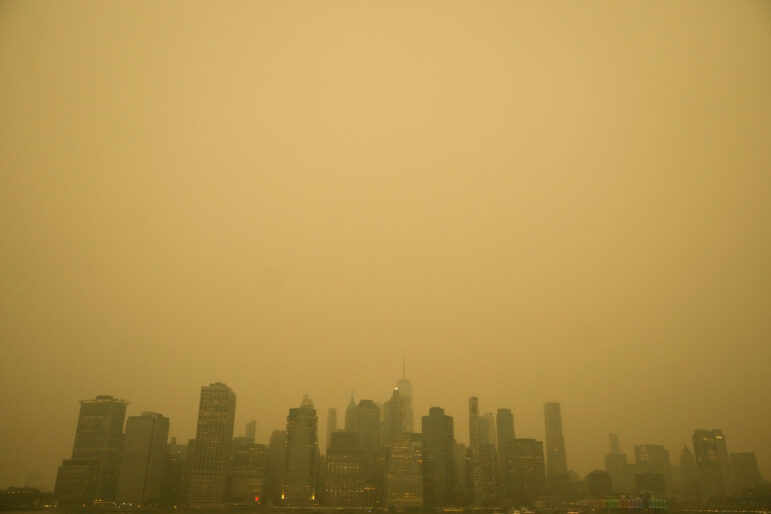
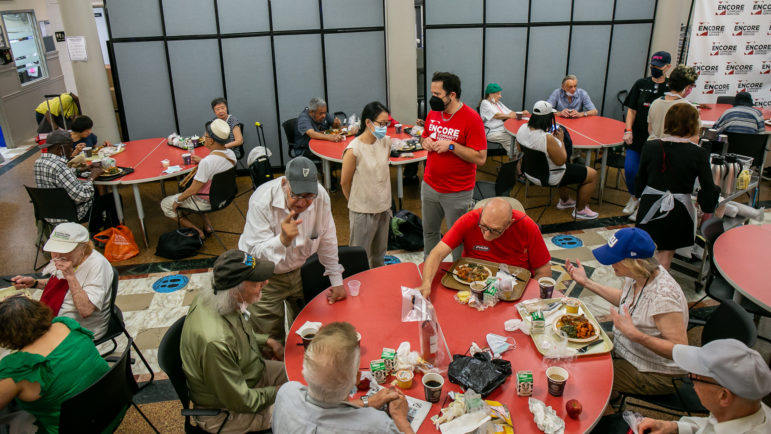
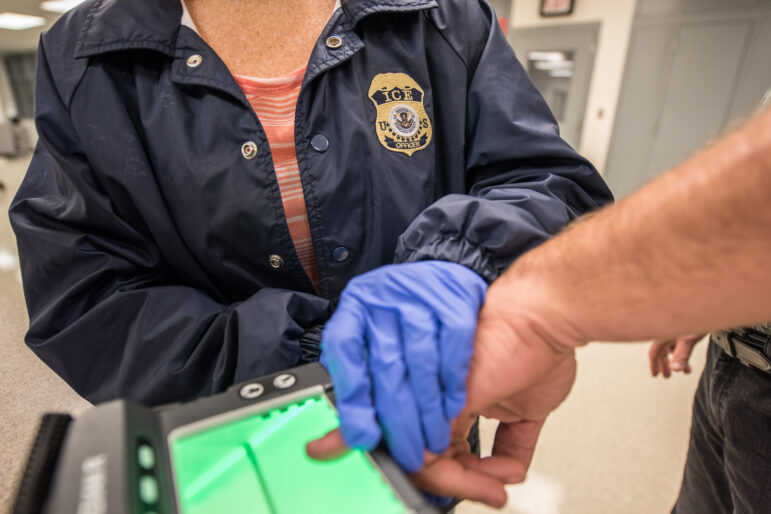


One thought on “With Bay Street Rezoning Timeline Still Uncertain, Coalition Demands Deeper Affordability”
Staten Island’s limited infrastructure can’t support the kind of density and building height that are common in the other boroughs. The north shore is bouncing back. New upscale apartment complexes, new retail and restaurants. Homes being purchased and renovated. The last thing that area needs is large-scale low-income housing projects which is what ‘deep affordability’ really means. Private investment will dry up, empty stores will replace many of the new businesses.